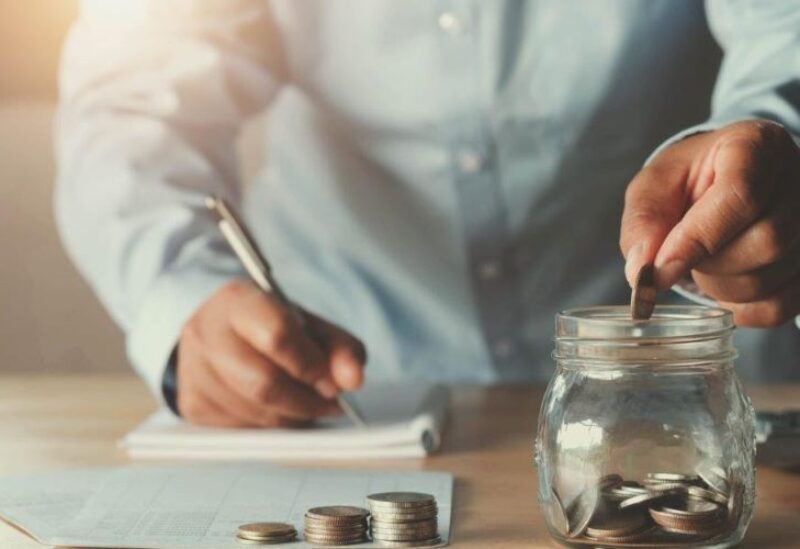
Household saving rates doubled in 2021
According to Mastercard, consumer spending of accumulated savings during the Covid-19 epidemic might generate an additional three percentage points to global GDP growth in 2022.
According to data released on Thursday by the Mastercard Economics Institute, which was founded in 2020 to analyze macroeconomic trends, if those savings are employed immediately, growth may be closer to a 4.5 percentage point boost to GDP.
Household saving rates nearly quadrupled in 2021 compared to before the epidemic, and how quickly or slowly people spend from their savings will have a rippling impact on the global economy, according to a research from the agency.
According to the payments business, excess savings in the UAE are likely to exceed Dh295 billion ($80.3 billion) next year.
Savings and spending, supply chains, digital acceleration, worldwide travel, and a growing list of economic concerns will impact the global economy in 2022, according to the Mastercard Economics Institute’s global economic forecast for 2022.
“The previous year was not the return to normalcy that many hoped for, but we have made significant progress as a group,” said Bricklin Dwyer, Mastercard’s chief economist and chairman of the Mastercard Economics Institute.
“Globally, economic development, vaccination advancements, and digital revolutions have made large and small enterprises more robust, and they will continue to alter the future.” Against this context, we expect consumer demand – and spending power – to rise, and the experience economy to resurface next year.”
The global economy has recovered significantly from the pandemic-caused downturn that plunged it into its deepest recession since the 1930s last year. However, the speed of recovery has been uneven, owing to an increase in various Covid-19 types and a slower rate of immunizations, particularly in some poor countries.
We predict that consumer demand – and purchasing power – will increase, and that the experience economy will re-emerge next year.
Mastercard’s chief economist and head of the Mastercard Economics Institute, Bricklin Dwyer
According to Mastercard, the pandemic increased expenditure on products from 39% to about 47% at its height, disrupting the services sector while straining supply systems.
“We expect supply tensions to lessen and pricing pressures to dissipate during the course of 2022 as demand and flow of products normalize,” Mastercard stated in its 2022 outlook report.
Meanwhile, the retail industry has retained 20% of the digital transition to e-commerce, according to the business.
“The main concern as we approach into 2022 will be how the composition of online expenditure settles following the unwinding of savings and the decline in fiscal assistance,” the paper stated.
The UAE’s internet percentage of retail spending is comparable to the pre-pandemic trend.
According to Mastercard’s research of 32 markets, over 88% of nations saw an increase in goods subscriptions in 2021 compared to the previous year.
Meanwhile, leisure travel recovered as international travel expanded, with medium- and long-haul flights expected to gain ground in 2022, according to Mastercard. Continued expansion is dependent on containing virus types that cause travel prohibitions.
According to the Mastercard view, “we observed a quick turnaround in domestic and short-haul foreign travel [less than 1,000 kilometers], medium-haul travel [under 2,900 kilometers] lifted by less constraints, while long-haul travel follows behind.”
Domestic trips in the UAE have reached roughly 18% of pre-pandemic levels, with international short, medium, and long-haul journeys at 80%, 30%, and 112%, respectively, according to the business.
Risks to the global economy continue, according to Mastercard, citing inflation, supply chain challenges, and less government assistance.
“New Covid variants like Omicron pose the most immediate risk, but we’re keeping an eye on nearly a dozen additional risks that have the potential to derail recovery, including a sharp recalibration of global housing prices that have appreciated 66% in the last two years, a surge in oil prices, fiscal cliffs in advanced economies, and international tariff wars,” according to the report.